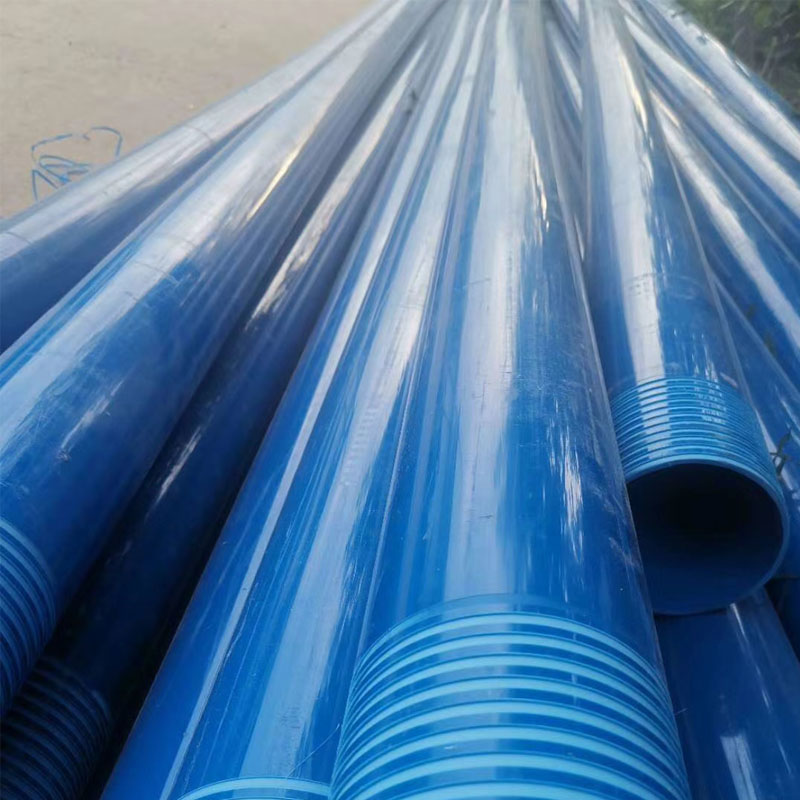Oct . 08, 2024 13:39 Back to list
Best Practices for PPR Pipe Usage in Hot Water Systems
Understanding PPR for Hot Water Service
PPR, or Polypropylene Random Copolymer, has gained significant popularity in plumbing systems, particularly for hot water applications. Known for its durability, chemical resistance, and excellent thermal insulation properties, PPR piping presents numerous benefits for hot water service installations.
Understanding PPR for Hot Water Service
In addition to thermal stability, PPR piping possesses a lightweight structure, facilitating easier handling and installation compared to traditional materials like metal or PVC. This can result in reduced labor costs and shorter installation times, allowing plumbers to complete projects more efficiently. Additionally, PPR pipes can be joined using a heat fusion process, which creates a seamless bond, minimizing the risk of leaks at joints.
ppr for hot water service

Chemical resistance is another crucial feature of PPR. Unlike some plastic alternatives, PPR pipes are not susceptible to corrosion, scaling, or rusting. This property ensures a longer lifespan, reducing the need for frequent replacements and the associated costs. Moreover, PPR does not leach harmful substances into the water, making it a safe choice for potable water applications.
Sustainability is increasingly important in modern construction and plumbing services. PPR is recyclable, which means it can be repurposed at the end of its life cycle, contributing to reduced environmental impact. This is a significant consideration for builders and homeowners looking to minimize their ecological footprint.
While PPR offers numerous benefits, it is essential to note that proper installation techniques and thermal expansion considerations must be followed to ensure optimal performance over time. Utilizing the right fittings and adhering to manufacturer guidelines will help to maximize the longevity and efficiency of PPR systems.
In conclusion, PPR has established itself as a reliable and efficient choice for hot water service applications. Its combination of durability, lightweight nature, chemical resistance, and sustainability makes it a preferred option among professionals in the plumbing industry. As hot water systems continue to evolve, PPR is poised to remain a critical component in ensuring reliable and efficient water delivery in homes and businesses alike.
-
High-Quality PVC Borehole Pipes Durable & Versatile Pipe Solutions
NewsJul.08,2025
-
High-Quality PVC Perforated Pipes for Efficient Drainage Leading Manufacturers & Factories
NewsJul.08,2025
-
High-Quality PVC Borehole Pipes Durable Pipe Solutions by Leading Manufacturer
NewsJul.08,2025
-
High-Quality PVC Borehole Pipes Reliable PVC Pipe Manufacturer Solutions
NewsJul.07,2025
-
High-Quality UPVC Drain Pipes Durable HDPE & Drain Pipe Solutions
NewsJul.07,2025
-
High-Quality Conduit Pipes & HDPE Conduit Fittings Manufacturer Reliable Factory Supply
NewsJul.06,2025

